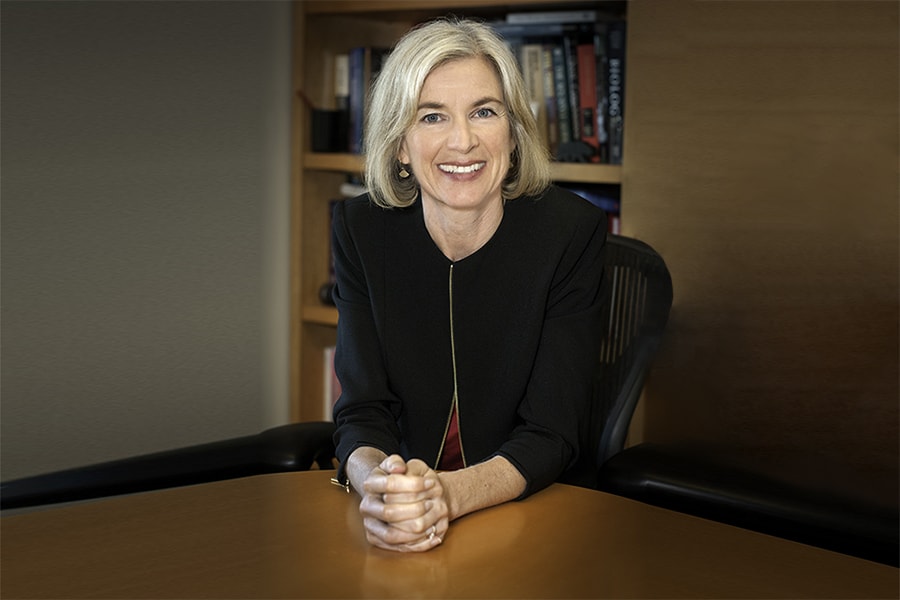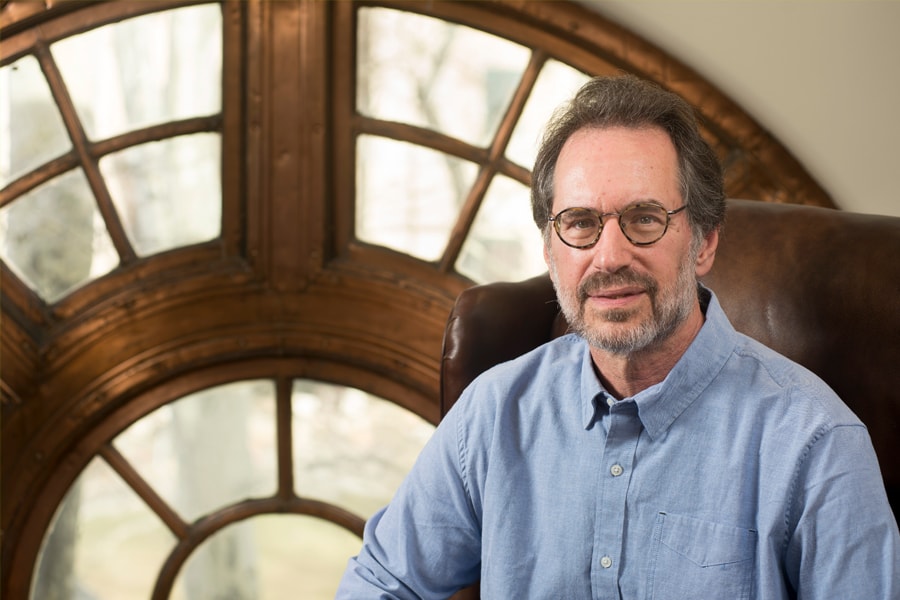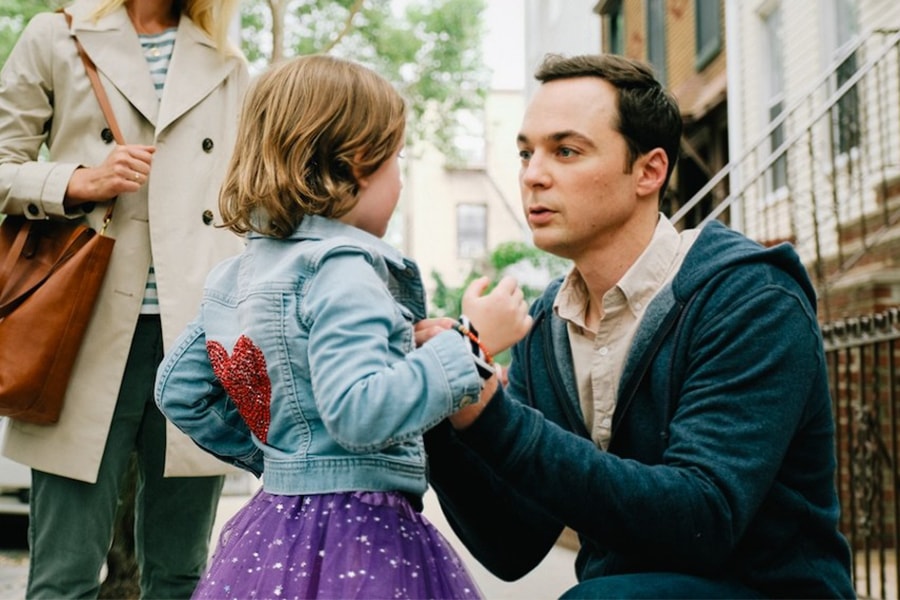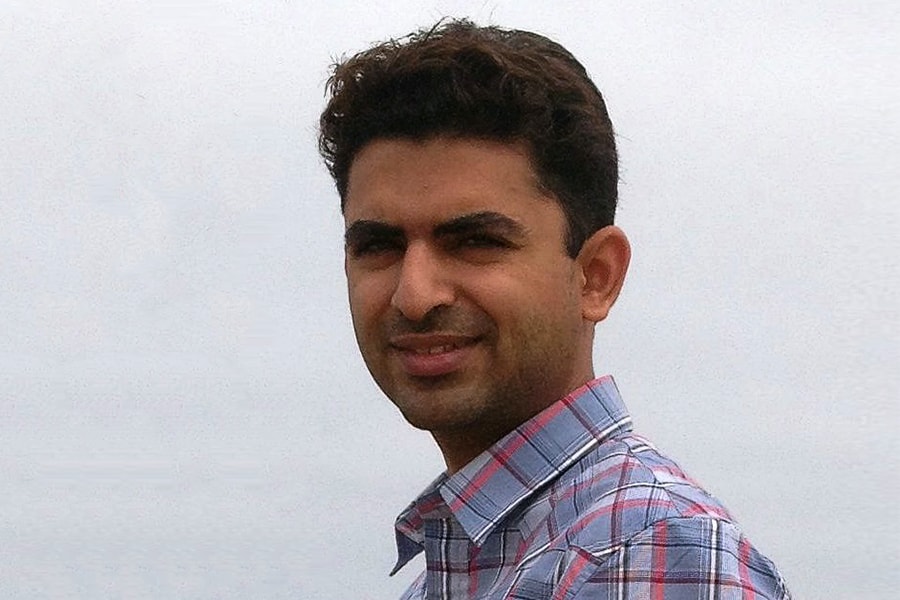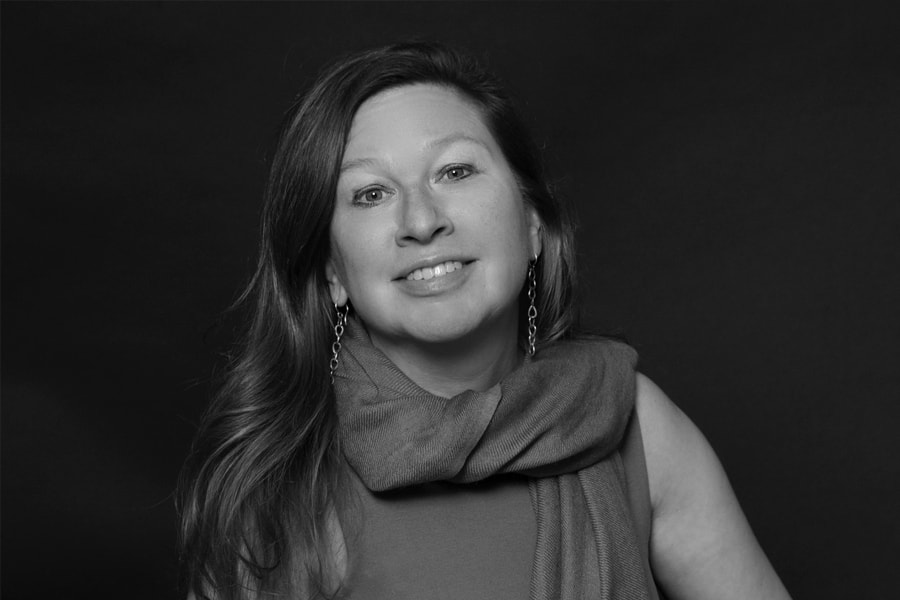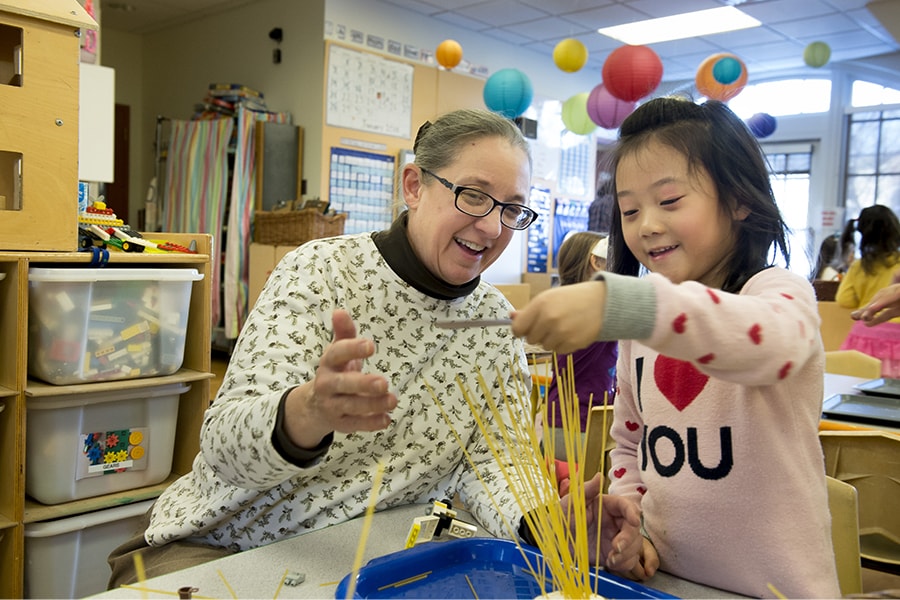
New Year's resolutions are mostly about making better choices with a singular goal in mind. Eat less sugar. Make time to exercise daily. What seems so simple can actually be hard to do.
Carnegie Mellon University behavioral economists use a distinct fusion of economics and psychology to examine the decisions people make. They work to understand why we eat unhealthy food, pay women less than men and avoid — or choose not to believe — certain information. Then, they design and test multifaceted interventions to change the way we make decisions, alter the way organizations operate and influence how policies are implemented.
Looking at resolutions through the lens of CMU behavioral economists, here are four ways to map out a plan of attack and to make 2018 goals stick.
Be clear about your goal.
Gretchen Chapman, professor of social and decision sciences in CMU's Dietrich College of Humanities and Social Sciences, focuses on improving health behaviors. One of her studies looked at how people's walking routines were influenced by goal-setting and comparing results against their peers. Participants walked further when they aimed for a lofty goal. They would fall short of the high goal but performed better than those with lower goals.
Chapman recommends setting a specific challenging goal with a deadline. For example, "lose 20 pounds by April 1," which would be a difficult feat but offers inspiration and a clear finish line.
Find a partner or group.
Another technique is to encourage a friend to take up a new routine with you. Chapman found that participants walked significantly more steps when they could compare how they were doing to other participants.
"Some friendly competition with another person, such as exercising with a friend, will enable social comparison. You won't want to run fewer miles per week than your friend, so you will goad each other on. Some exercise apps have leaderboard features that capture this idea," Chapman said.
Not the competitive type? A friend could still help. People can be motivated simply by the notion that they do not want to let down their friends, said Julie Downs, associate professor of social and decision sciences.
"It's hard to make yourself do something unpleasant, but you could rope yourself into something that you will have a hard time getting out of, such as a promise to a friend," Downs said.
Remove temptations.
It helps to reflect on and identify traps that will make a New Year's resolution hard to keep. Be honest.
If salty potato chips are a weakness, avoid the snack aisle so they do not end up in the grocery cart. The smell of cigarette smoke may coax you to light up. If that is the case, then take a route to work away from smoking areas.
"Based on what the research shows about the difficulty of resisting temptation, you will benefit by setting up your life so that you don't even face the temptation at all," Downs said.
With perseverance, the old habit will become replaced by the new routine.
Find a tool, and make it a game.
Digital devices and apps offer good support and show progress as calorie counters and fitness trackers. Research suggests using daily rewards for meeting small goals. Technology can help set up a reward system.
Apps also give social motives through connections with others. Cooperation and competition were highly effective getting older adults to engage in online cognitive exercises in a study conducted by George Loewenstein, the Herbert A. Simon University Professor of Economics and Psychology and a co-founder of the field of behavioral economics.
"Seek out a partner and compete against another two-person team to combine the motivational power of both cooperation and competition," Loewenstein said.
Incentives help to pave the path to success, but on the rare occasion a New Year's resolution is achieved, bragging rights may be the best reward. (Just be careful not to "humblebrag" too much, because Loewenstein's work shows that can backfire, too.)

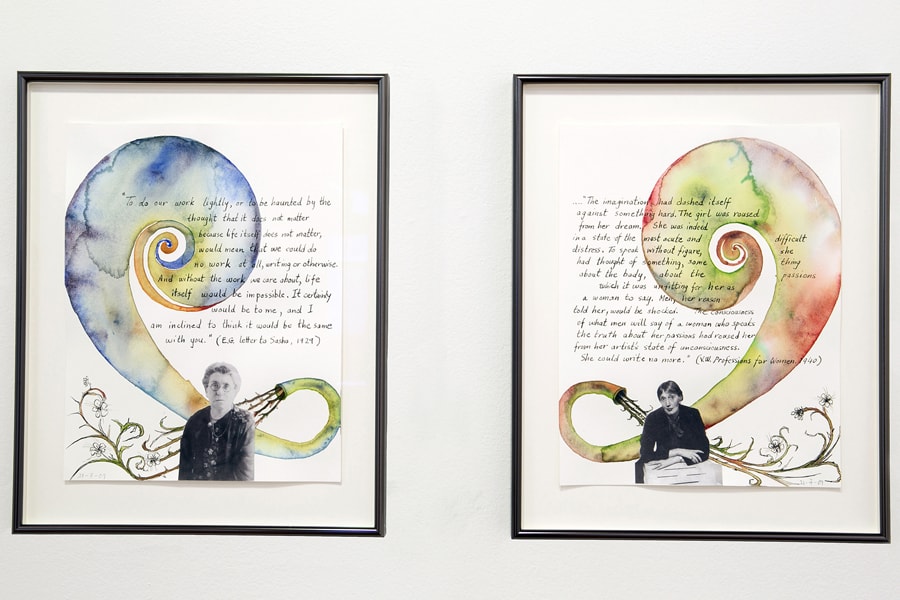
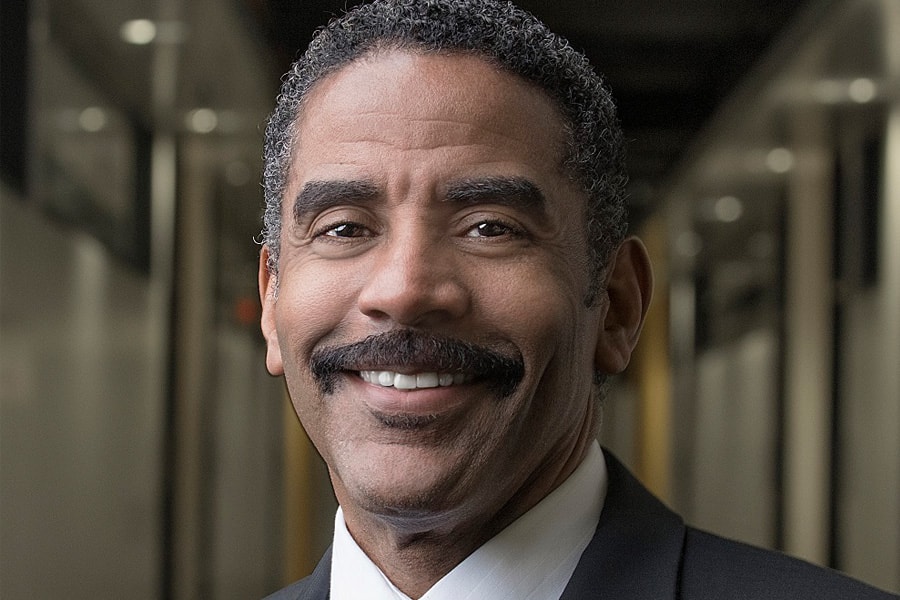
 Professor Gary Fedder returns to his role as vice provost for Research (VPR) for Carnegie Mellon, while remaining an active champion for ARM. Fedder will work closely with Clayton over the next few months to ensure a smooth transition of leadership.
Professor Gary Fedder returns to his role as vice provost for Research (VPR) for Carnegie Mellon, while remaining an active champion for ARM. Fedder will work closely with Clayton over the next few months to ensure a smooth transition of leadership.
